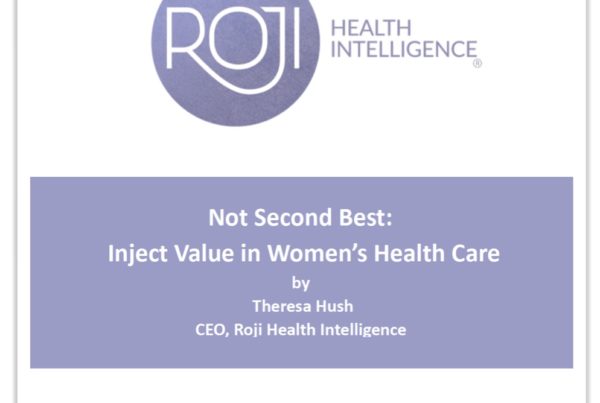
August 21, 2019
AI May Be the Future, But It’s Not (Yet) the Future of Clinical Research
Good medical practice depends on good clinical research. Without rigorous, replicable, reliable research findings, we cannot trust that our medical decisions are based on truth. To put it bluntly, flawed research leads to bad medicine. It’s essential that we get it right. In this series, I have argued for a more rigorous approach. The present model of clinical research is expensive, slow, studies insufficient populations of subjects—making generalizability difficult— and lacks power to examine important variations in clinical and personal characteristics of individuals. In my biased view, study design determines if research is being done. Without an appropriate design, we…
Read More














